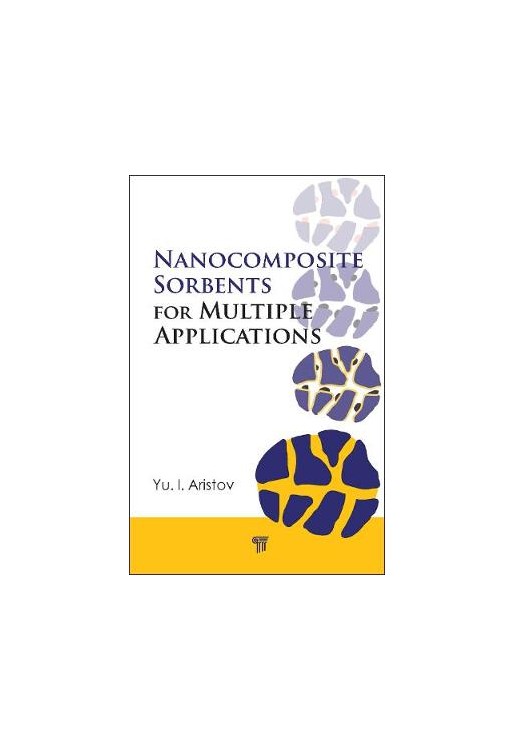This book presents the first ever comprehensive survey of a new family of nanocomposite sorbents "salt in porous matrix" (CSPMs). These composites have recently been developed for selective sorption of water, alcohols, ammonia, and carbon dioxide. They owe their origin to the catchy idea of target-oriented tailoring of materials with predetermined adsorption properties harmonized with a particular adsorption process.
The book develops the concept of target-oriented synthesis and suggests tools for tailoring new adsorbent materials adapted to multiple practical applications. It describes properties of approximately 50 new CSPMs of water, alcohols, ammonia, and carbon dioxide, including the data obtained in the author's laboratory and literature available by the end of 2018. These data can be used for engineering calculations and analysis of practical applications. The book also discusses potential applications of these sorbents for storage and transformation of low-temperature heat, gas drying, maintenance of relative humidity in museums, and regeneration of heat and moisture in ventilation systems. "Adsorption technology has an ever-increasing range of applications in refrigeration, heat pumping, heat storage, and even extraction of drinking water from desert air. Prof. Aristov is an acknowledged international expert in this field and has written a clear and masterful account of the fundamental processes of physical and chemical adsorption, along with a description of thermodynamic cycles and complete engineering systems. This is an invaluable book to any researcher in this rapidly growing area." Prof. R. E. Critoph, University of Warwick, UK
"The advent of novel nanostructured porous materials and their modification to nanocomposites by introducing salts into the pores has led to enormous advancements in adsorption technologies such as gas drying, CO2 scrubbing from the atmosphere, and low-temperature heat storage, among others. This book provides a competent introduction to the fundamentals and applications of the processes and materials with particular emphasis on nanocomposites." Prof. Emil Roduner, University of Stuttgart, Germany
"This is a unique book on the designs and syntheses of composite adsorbents for targeted applications of gas adsorption. It will serve as a useful reference for both researchers and practitioners in this field." Prof. Ralph T. Yang, University of Michigan, USA
Introductory Remarks
Description of Adsorption Equilibrium and Dynamics
Optimal Adsorbent: Basic Requirements
Basic Synthesis Methods
Composite Sorbents of Water Vapour: The Effect of a Confined Salt
Composite Sorbents of Water Vapour: The Effect of a Host Matrix
Composite Sorbents of Methanol
Composite Sorbents of Ammonia
Composite Sorbents of Carbon Dioxide
Thermal Properties of CSPMs
Melting-Solidification of Salt Solution/ Hydrates in the Pores
Molecular Dynamics of Sorbed Water
Sorption Dynamics: An Individual Composite Grain
Sorption Dynamics: A Composite Bed
Isobaric Sorption Dynamics: A Temperature Initiation
Adsorptive Transformation of Heat: Temperature-Driven Cycles
Adsorptive Transformation of Heat: Pressure-Driven Cycles
Regeneration of Heat and Moisture in Ventilation Systems
Maintaining Relative Humidity
Shifting Chemical Equilibrium
Active Heat Insulation


